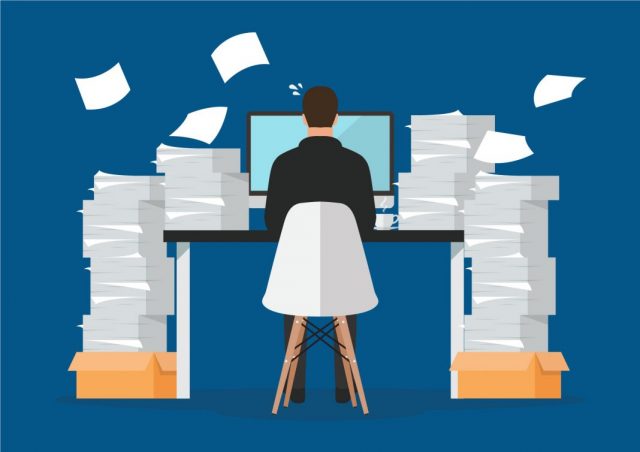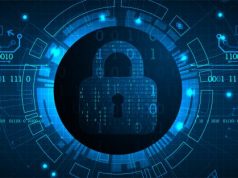Barclays Bank has scrapped a pilot scheme to monitor the productivity of its workers using “creepy” people analytics software that monitored the amount of time employees spent at their desk and reprimanded staff who took too many breaks.
The financial services giant was criticised by employment lawyers, HR experts and privacy campaigners for its use of the employee monitoring platform Sapience, after a whistleblower told City A.M. about the project at its London headquarters.
The monitoring project was pulled the day after City A.M. broke the news, with the Trade Union Congress (TUC) describing Barclays’ use of the technology as “dystopian Big Brother tactics that show a total disregard for hardworking staff”.
Silkie Carlo, director of privacy campaigners Big Brother Watch, said: “managers would never get away with breathing down employee’s necks, personally monitoring their screens or logging toilet and water breaks.
“The availability of technology to surveil staff surreptitiously does not make it any more acceptable.”
The organisation also condemned the technology as “creepy”.
The software provided by Sapience told staff to “avoid breaks”, recorded toilet breaks as “unaccounted activity” and sent “work yoga” assessments to employees. In one such assessment made public this week a Barclays employee was warned by the system: “not enough time in the zone yesterday!”
The whistleblower told City A.M. that the stress the software was causing was “beyond belief”, adding that it “shows an utter disregard for employee wellbeing”.
“Employees are worried to step away from their desks, have full lunch breaks, take bathroom breaks or even get up for water as we are not aware of the repercussions this might have on our statistics,” they said.
A Barclays spokesperson said: “we always intended to listen to colleague feedback as part of this limited pilot, and we have taken steps to ensure that no individual data is visible to managers.”
Philip Richardson, head of employment law at Stephensons Solicitors, said: “an open and transparent work culture should always be encouraged, however, the use of this technology to track the whereabouts of staff members does seem excessive. The pursuit of transparency in an organisation can also undermine trust and it’s important that employees feel like they can be left to get on with their jobs without constant monitoring.
“It’s not uncommon for employees to lodge formal complaints against their employers for excessive and overbearing micromanagement and it will be interesting to see whether the use of this type of technology could bring rise to legal claims in the future.”
Sapience describes its product as the “most advanced and automated” people analytics solution. The Texas-based company’s website reads: “Sapience gives you the power to capture insights in a mindful way, providing enlightened analytics that drive productivity improvement and engagement. Managers get work trend data at a macro level, so they can guide their teams more efficiently. Employees can track performance and work habits, significantly improving work-life balance.”
Edward Houghton, of the Chartered Institute of Personnel and Development (CIPD), said that “Big Brother” technology could cause more harm than good and that it could “create mistrust or low levels of trust for employees — employees can feel like they’re being watched and not trusted to do their own work.”
In 2017 Barclays installed heat-sensing black box devices called OccupEye under staff desks to determine how long employees spent at work.
21st February 2020.








